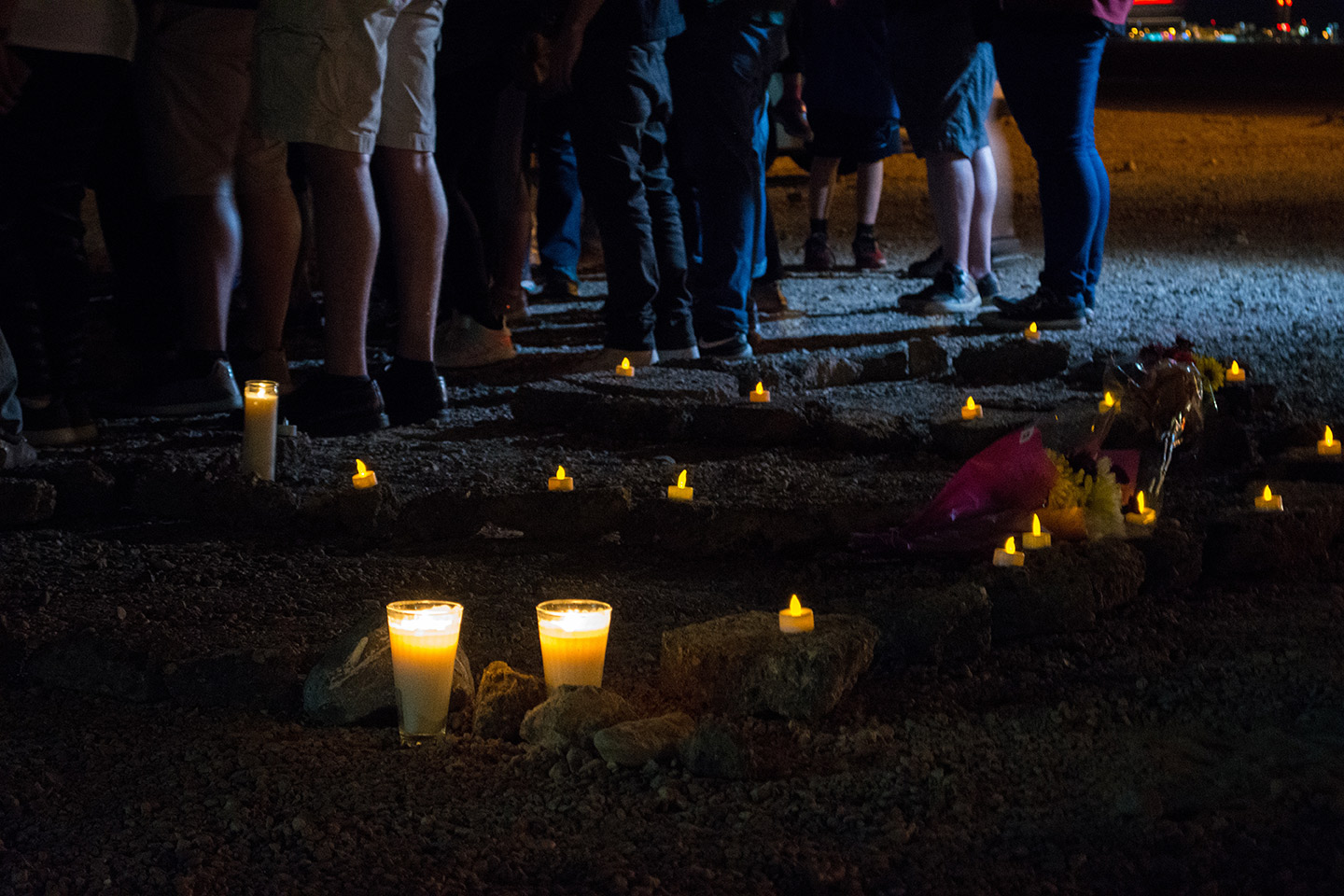
In the aftermath of a mass shooting, victims and their families often struggle to find some rationally explanation let alone recourse to redress their injuries. It is very difficult (if not impossible) to sue gun companies due to a really high bar for gun manufacturer liability. And it is almost unheard of to sue the perpetrator of the crime. In the vast majority of cases, there aren’t very many assets to go after. The most recent mass shooting in Las Vegas – which resulted in nearly 60 people dying and 500 injuries – was perpetrated by a 64-year old man named Stephen Paddock, who, as it turns out, was relatively wealthy. That relative wealth could be the basis of future litigation against his estate, according to a recent report by Reuters.
Rich Man
Paddock, by all accounts, was a real estate investor with links to a number of properties (houses, apartment buildings and condos) in Florida, California, Texas and Nevada. In 2004, he sold a property he bought in 1992 for $3.2 million. He also gambled a lot – to the tune of $1 million a year, according to paperwork he filled out as an investor.
This same man was the perpetrator of one of the ghastliest mass shootings in recent US history. From the 32nd story of an MGM hotel, Paddock opened fire on attendees of a country music concert. After the shooting, he took his own life.
Breakdown of Hypothetical Suit
Mark Solomon, an attorney in Nevada, told Reuters that victims could pursue claims against Paddock in the same way that creditors attempt to collect unpaid bills. Families who lost loved ones would take priority in such a circumstance, while those who were traumatized by the event would receive the smallest awards. Any money distributed to Paddock’s family members prior to the incident could be recalled in order to pay the victims.
Bump Stock Lawsuit
Another lawsuit could change the game for gun control advocates seeking to undermine certain laws that protect gun manufacturers from liability. A claim filed earlier this month could shake things up. The suit is very similar to claims filed against Remington Arms following the Newtown shooting. Those claims were thrown out by a federal judge, but there’s reason to believe that the recently filed lawsuit could have a different fate.
Devon Prescott, Brooke Freeman, and Tasaneeporn Upright, the plaintiffs in the suit, are attempting to obtain class certification and are arguing that Slide Fire Solutions (among other companies) acted negligently when they put bump stocks on the market. Bump stocks, which were found in Paddock’s room, make a semi-automatic weapon behave like an automatic weapon.
According to the complaint, “This horrific assault did not occur, could not occur, and would not have occurred with a conventional handgun, rifle, or shotgun, of the sort used by law-abiding responsible gun owners for hunting or self-defence.”
Pro-Gun Law
Lawsuits against gun manufacturers are nearly impossible to win because of a 2005 law known as the Protection of Lawful Commerce in Arms Act. Superior Court Judge Barbara Bellis referred to this statute when she threw out the Remington Arms suit, saying the law prohibits suits against manufacturers and suppliers of guns “for the harm solely caused by the criminal or unlawful misuse of firearm products […] by others when the product functioned as designed and intended.” It isn’t clear whether bump stocks are covered by this law. The newly filed claims will be informative in this regard.
MGM
Two other lawsuits seek compensation from the MGM hotel where Paddock was staying and where Paddock carried out the atrocious act. Paige Gasper claims the hotel should have taken more precautions and should have noticed the strange behavior of Paddock leading up to the event. Additionally, the hotel did not react fast enough after Paddock shot a hotel employee. The suit also goes after Live Nation, the company responsible for organizing the event, alleging that they did not supply enough exits and that the staff was undertrained. Gasper is also suing Slide Fire Solutions because of the presence of bump stocks.
Looking ahead, these lawsuits could help some of the victims and family members obtain compensation for their injuries and the deaths of their loved ones. The claims could also open new legal pathways for future victims.















